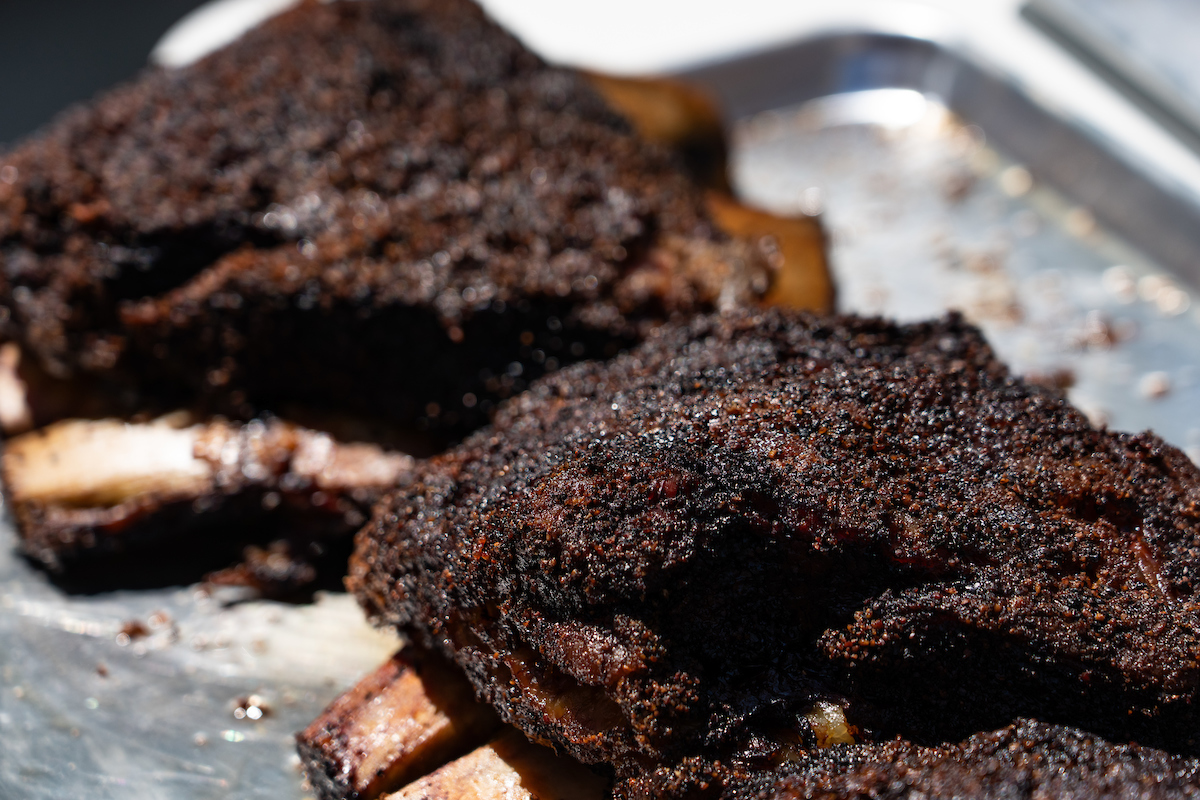June 10, 2024 - by Kay Ledbetter The aroma of grilled meat wafting across the backyard can make your mouth water as you seem to almost taste the steak from the grill. But did you know there is an actual science behind why that happens? Chris Kerth, Ph.D.
, associate professor of meat science and muscle biology in the Texas A&M College of Agriculture and Life Sciences Department of Animal Science , has spent more than 12 years researching flavor aromas and how good and bad odors correlate with our perception of flavors. For example, when you smell a steak cooking, Kerth explains how you are smelling the volatile chemical compounds that it emits in reaction to the heat. It is those chemical compounds he detects and quantitates in his scientific research.

Some of those smells and odors, like grilled flavor, result in positive responses like “I am hungry, and I want to eat this.” There are also odors like soured milk that result in negative responses. If you smell those odors, then you likely will not want to eat the product as they tend to be indicators of poor quality.
Kerth’s research interests are primarily animal nutrition, management and genetic factors related to flavor chemistry and the development of aromas that impact the sensory and quality traits in meat, food and beverage products. By sticking a specialized needle into a container with a food or beverage and allowing it to absorb the aromas before putting it into a gas chromatograph, he can capture the aroma com.























